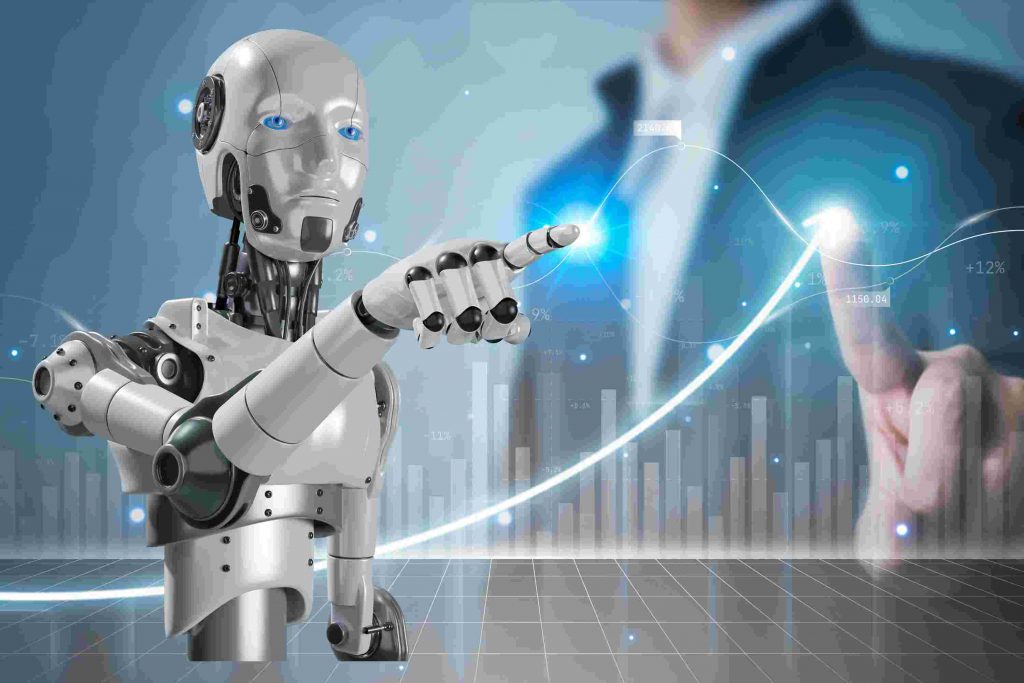We have seen changes from traditional trading to EA in recent years. There has been a notable revolution in the foreign exchange (FX) and contract for difference (CFD) markets. The conventional approach to trading, where human traders would analyse charts, keep track of news events, and manually execute trades, is being progressively substituted by automated systems called Expert Advisors (EAs).
These EAs, also known as trading robots, have transformed the industry by utilising sophisticated algorithms to execute trades with greater efficiency and effectiveness.
The Rise of Expert Advisors (EAs)
The foreign exchange (FX) and contract for difference (CFD) markets have undergone a remarkable transformation in recent years. Gone are the days of manual trading, where traders would spend hours analysing charts and monitoring news events.
The Benefits of EAs
One of the primary reasons for the growing popularity of EAs is their ability to execute trades with speed and precision. Unlike human traders who can be affected by emotions and biases, EAs operate solely based on predefined rules and algorithms.
This eliminates the possibility of human error and ensures consistent decision-making. Moreover, EAs can analyse vast amounts of market data within seconds, which would be impossible for a human trader to achieve manually.
They can quickly scan multiple currency pairs or CFD instruments, identify trading opportunities, and execute trades at the optimal moment. This speed and efficiency can significantly improve the overall trading performance.
Another advantage of EAs is their ability to operate 24/7. Unlike human traders who need rest and sleep, EAs can monitor the markets and execute trades even when the trader is not available. This ensures that no trading opportunity is missed, regardless of the time zone or personal schedule.
The Future of the FX/CFD Industry
Looking ahead, it is evident that EAs will continue to play a pivotal role in the FX/CFD industry. As technology advances further, we can expect EAs to become even more sophisticated and intelligent. Machine learning and AI techniques will empower EAs to adapt and learn from market patterns, making them more effective.

Furthermore, we can anticipate the integration of EAs with other emerging technologies. For instance, the utilisation of big data analytics and natural language processing can enable EAs to gather information from a wide range of sources, including news articles, social media feeds, and economic indicators.
This integration will enhance the decision-making process and provide traders with valuable insights. Additionally, the FX/CFD industry will likely witness the rise of hybrid models that combine the strengths of EAs with human expertise.
From Traditional trading to EA, EAs excel in speed and data analysis, human traders possess intuition, creativity, and the ability to interpret complex market dynamics. By combining these two elements, traders can leverage the best of both worlds, resulting in more effective and profitable trading strategies.
Read More:
The Importance of Regulation and Risk Management
As the FX/CFD industry evolves with the use of EAs, it is crucial to emphasise the importance of regulation and risk management. While automation can bring significant benefits, it also carries certain risks.
Traders must ensure that they choose reputable brokers and EAs that adhere to regulatory guidelines. Furthermore, traders must establish robust risk management strategies to mitigate potential losses.
This includes setting appropriate leverage levels, implementing stop-loss orders, and regularly monitoring the performance of EAs. It is essential to remember that EAs are tools and not infallible systems, and human oversight is still necessary.

Read More: What Is EA Trading?
Final Thoughts On Traditional Trading to EA.
The FX/CFD industry has come a long way from traditional manual trading to the era of Expert Advisors (EAs). These automated trading systems have revolutionised the way trades are executed, bringing speed, efficiency, and 24/7 availability to the table.
As technology continues to advance, we can expect traditional trading to EAs to become even more powerful, integrating with emerging technologies and evolving into more intelligent systems. However, it is crucial to approach the use of EAs with caution.
Regulation and risk management should be prioritised to ensure the safety and stability of trading operations. By embracing the benefits of EAs while maintaining responsible practices, traders can navigate the evolving landscape of the FX/CFD industry successfully.
